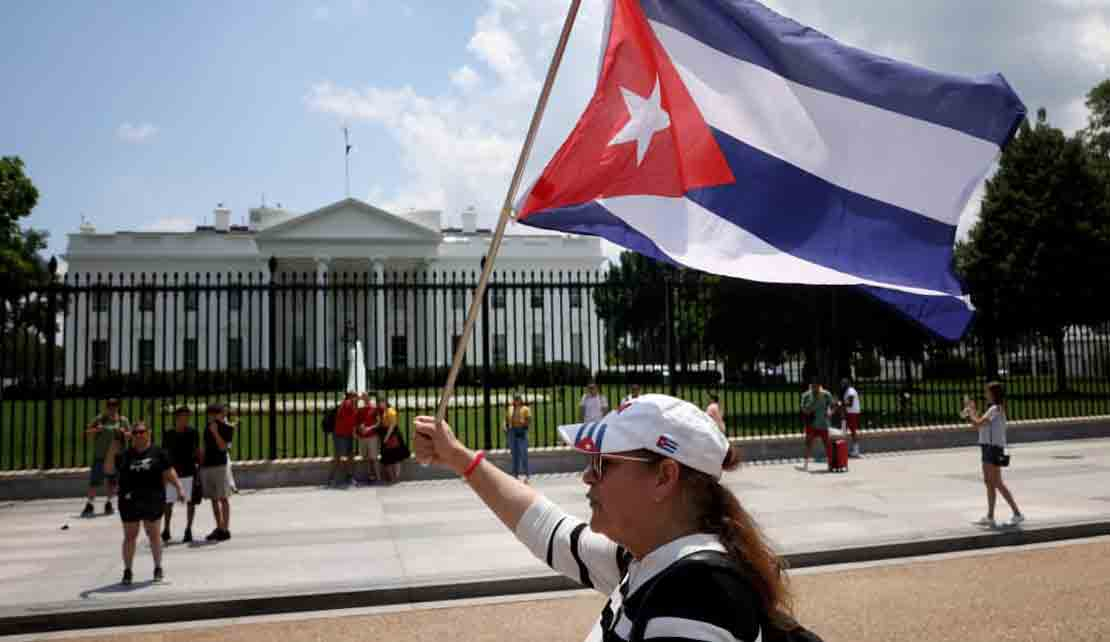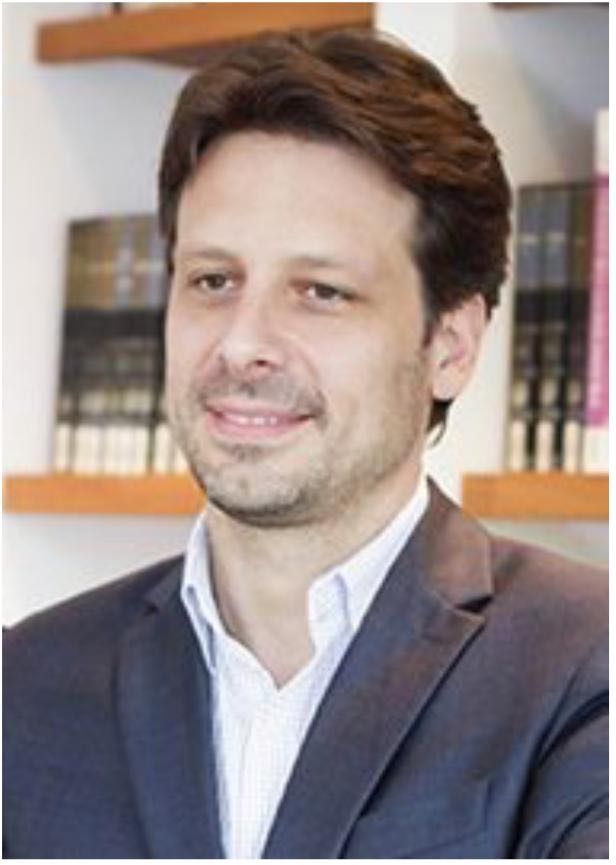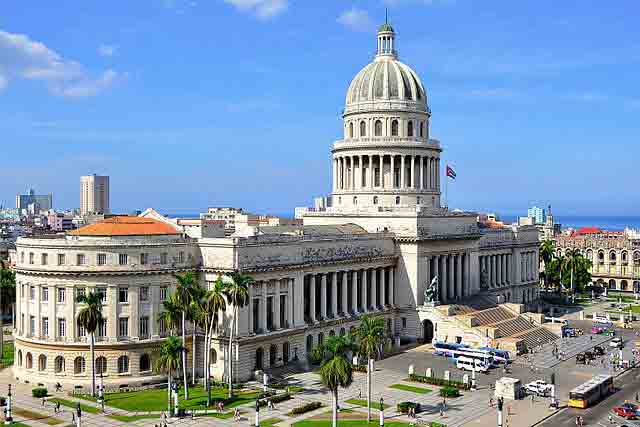State Department Gets Push Back by LatAm, Caribbean Countries Against Biden’s Cuba Designation

WASHINGTON DC, June 17, 2024, CEPR - In the last few weeks, a number of governments in Latin America and the Caribbean have renewed their calls for the Biden administration to take Cuba off the State Department’s list of State Sponsors of Terrorism (SSOT), a designation that severely restricts countries’ access to international financing.
The increasingly bold statements made by heads of state, foreign ministries, and hemispheric organizations expose the region’s growing exasperation with the US government’s Cuba policy, especially as US measures continue to deepen Cuba’s migration crisis, which now affects a number of countries, including the US.

Instead of appeasing Latin American governments, the removal of Cuba from this list — the existence of which was unknown to many diplomats until Blinken’s announcement — has elicited caustic responses in the Latin American and Caribbean diplomatic community.
If Blinken’s announcement was aimed at suggesting a brighter future for the Cuba policies of a potential second Biden administration, the move has totally backfired and instead several governments are laying bare their frustrations with the administration’s failure to deliver on promised reforms.
One senior Latin American diplomat told CEPR that “Blinken’s removal of Cuba from this new list, which has zero impact on anything concrete, is perceived as farcical by many governments. And it has caused a good deal of indignation in the foreign ministries” of the region.
In response to Blinken’s announcement, a number of Latin American governments have issued formal statements asking for more decisive action from the United States.
In a strongly worded statement, Brazil, the region’s largest economy and current chair of the G20, urged “the US government to exclude Cuba from its unilateral list of State Sponsors of Terrorism, from which heavy and unjustified sanctions are imposed.”
It added: “The maintenance of Cuba on the list of State Sponsors of Terrorism is unanimously repudiated by the countries of Latin America and the Caribbean, as stated in the Special Declaration approved at the last Summit of the Community of Latin American and Caribbean States (CELAC) … and by a large majority of states in the international community.”
Mexican president Andrés Manuel López Obrador gave one of the most outspoken responses to Blinken’s announcement:
It is a step forward, I welcome it, but they have [Cuba] on another list, what I want is what all the other countries are asking for. Only two countries in the world are in favor of the blockade of Cuba, only two … And terrorism for what? Pure excuses! This is ideologically loaded.
And there’s also a group in the United States that benefits a lot from this policy at the expense of the suffering of the Cuban people, congressmen, senators, and some have made a lot of money with this extremist policy of punishing the Cuban people.
López Obrador’s declaration came a few days before his successor, Claudia Sheinbaum, who has also expressed opposition to the US’s Cuba policy, was overwhelmingly elected to a six-year presidential term.

The peace talks held in Havana between the Colombian government and the ELN guerrilla group were weaponized by the Trump administration in 2021 to claim Cuba was hosting terrorists on its territory and should therefore be redesignated as a state sponsor of terrorism.
The Petro administration in Colombia has since denounced this decision as harmful to the Colombian peace process and disloyal to the guarantors and hosts who contributed the most to it. On May 17, Colombia’s foreign minister, Luis Gilberto Murillo, stated: “We will continue to insist that it is not fair that the island remains on the general list of countries that ‘sponsor terrorism,’ which leads to the maintenance of adverse conditions which affect migration.”
Chile, a close US ally, “encouraged the US to evaluate [Cuba’s] prompt removal from the list of State Sponsors of Terrorism, the consequences of which directly affect the people.”
Barbados also deplored the political nature of Cuba’s inclusion on the list and stated “that there was absolutely no justification for Cuba to have been placed on the List of State Sponsors of Terrorism back in January 2021. Equally, no such justification exists today.”
A number of governments emphasized the human impact of the administration’s Cuba policy. Honduras, for example, stated that the redesignation of Cuba as a state sponsor of terrorism constituted “a threat to the development and well-being of the Cuban people,” while Bolivia denounced Cuba’s inclusion on the list as a “serious violation of the Human Rights of the Cuban people.” Barbados denounced that “Cuba’s unjust inclusion on the [list] has caused and continues to cause severe damage to the economy of Cuba and tremendous suffering to the Cuban people.”
In the English- and French-speaking Caribbean, the reaction to Blinken’s announcement was forceful and unanimous. The Caribbean Community (CARICOM), an organization comprised of 14 member states, renewed “its call for the urgent removal of Cuba from the list of countries deemed to be State Sponsors of Terrorism” and reaffirmed “its rejection of the unilateral imposition by the United States of America of the economic, commercial, and financial embargo against Cuba. Both the designation as a State Sponsor of Terrorism and the 62-year-old embargo are unjust and wrongly imposed upon the Cuban people and must be terminated.”
It’s not the first time that Latin American and Caribbean countries have expressed frustration at the Biden administration’s Cuba policies. As well as expressing their disgruntlement in the annual UN General Assembly vote on the embargo against Cuba (the 2023 vote had 187 countries against the embargo compared to 2 in favor, and 1 abstention), Latin Americans have made it clear that US policy toward Cuba is one of the biggest impediments to good hemispheric relations. Stubbornness over Cold War thinking on Cuba has caused the US frequent snubs and embarrassments at various summits of the Americas — most recently at the 2022 Los Angeles summit, which saw key Latin American states boycotting the event, and many in attendance attacking the United States on Cuba.
At a CELAC summit in March 2024, 33 countries called “for the immediate cessation of blockades, illegal and unilateral sanctions and unilateral coercive measures against our member states as mandated by the UN General Assembly in compliance with International Law. We reiterate our rejection of unilateral lists and certifications that affect Latin American and Caribbean States.”
The last EU-CELAC summit in 2023 showed that this feeling extended beyond the Western Hemisphere, with the United States’ European allies seeing eye-to-eye with Latin Americans on this issue. Jointly, the 60 EU-CELAC countries called for “ending the economic, commercial and financial embargo imposed against Cuba,” and voicing their “opposition to laws and regulations with extra-territorial effect. The re-designation of Cuba as a state sponsor of terrorism, and its maintenance on the list, has introduced obstacles to international financial transactions with the island.”
If the purpose was to appease the region and send a message of goodwill on Cuba policy, Blinken’s announcement that Cuba would be removed from the list of countries not fully cooperative on terrorism had the opposite effect. The current Cuban migration crisis, which now affects the region at large, is clearly exacerbated by the sanctions regime, of which a crucial component is the designation of Cuba as a state sponsor of terrorism.
The fact that the United States still brazenly talks of tackling the “root causes” of migration while maintaining draconian sanctions on Cuba further erodes the administration’s credibility and standing in the region.
Guillaume Long | Senior Research Fellow - Guillaume held several cabinet positions in the government of Ecuador, including Minister of Foreign Affairs, Minister of Culture, and Minister of Knowledge and Human Talent. Most recently, he served as Ecuador’s Permanent Representative to the United Nations in Geneva.
-30-
